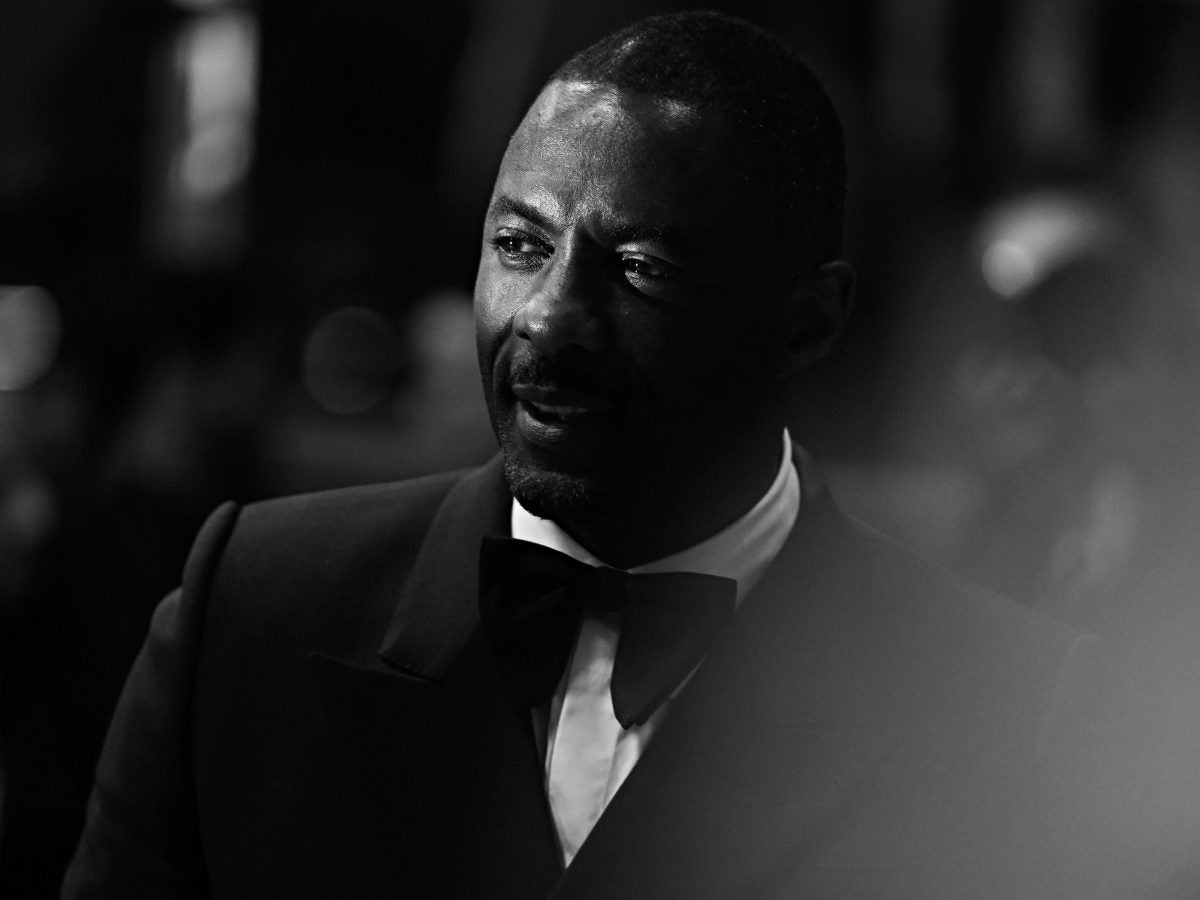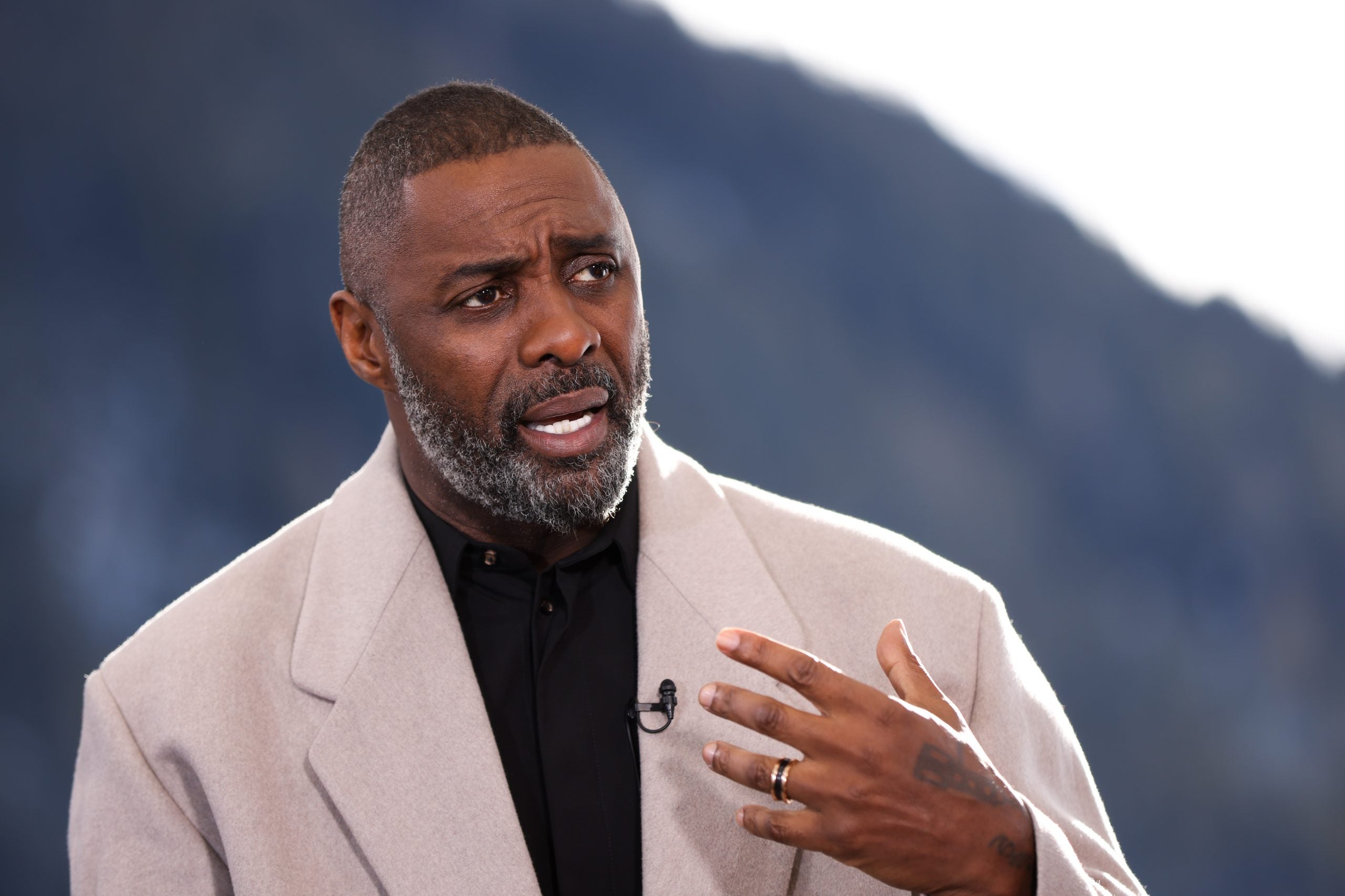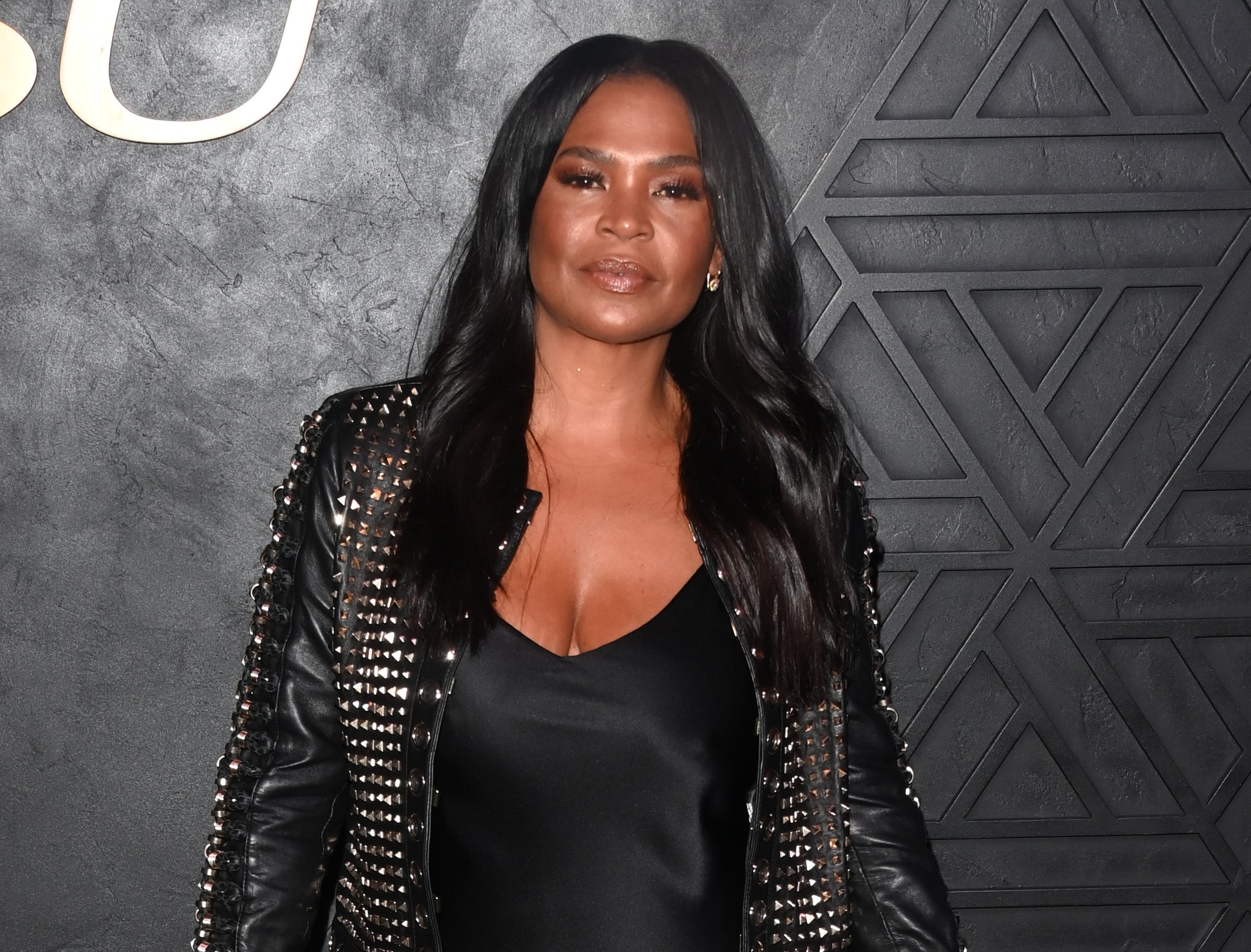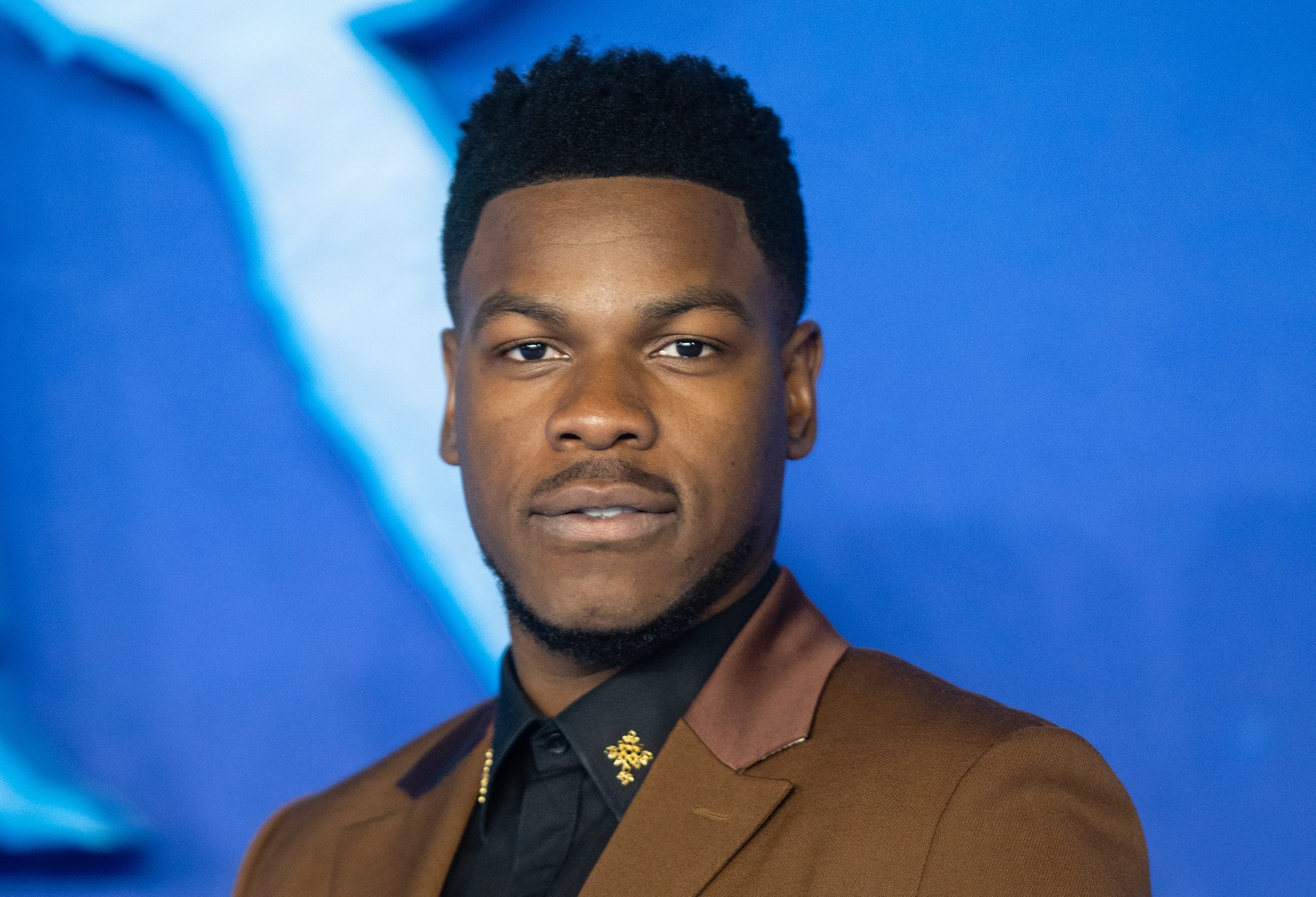
Though he’s on a promo run for the upcoming film follow-up to his beloved BBC psychological crime drama, Luther: The Fallen Sun, Idris Elba has inadvertently reignited a conversation about the standing of Black actors in Hollywood.
In his recent feature in Esquire, Elba touched on his classification as a “Black actor.” He says it’s a term he’s no longer using, as he’s discovered that it limits the roles he’s considered for.
“As humans, we are obsessed with race,” he told the magazine. “And that obsession can really hinder people’s aspirations, hinder people’s growth. Racism should be a topic for discussion, sure. Racism is very real. But from my perspective, it’s only as powerful as you allow it to be. I stopped describing myself as a Black actor when I realized it put me in a box. We’ve got to grow. We’ve got to. Our skin is no more than that: it’s just skin. Rant over.

“Of course, I’m a member of the Black community. You say a prominent one. But when I go to America, I’m a prominent member of the British community,” he continued.
“I didn’t become an actor because I didn’t see Black people doing it and I wanted to change that. I did it because I thought that’s a great profession and I could do a good job at it. As you get up the ladder, you get asked what it’s like to be the first Black to do this or that. Well, it’s the same as it would be if I were white. It’s the first time for me. I don’t want to be the first Black. I’m the first Idris.”
On social media, many users balked at Elba’s assertion that, as a professional, he is more than his skin color. As such, the actor doubled back to clarify the intent behind his words.
Simply put: of course Elba is a Black man — a Ghanaian/Sierra Leonean British Black man, to be specific. But, should that define the roles for which he’s eligible? Should it limit who he can portray on screen? Should that be the case for any actor?
Consider the conversation that has swirled around Elba possibly taking on the role of James Bond. Though the actor has unfortunately already confirmed that he will not portray the 007 agent (the rumor mill is now swirling that the likes of Regé Jean-Page or Tom Hardy may be up next to request their martini shaken, not stirred), the conversation surrounding his possible selection centered mainly on whether the world was “ready” for a Black bond. If Elba were a white actor, would the topic of readiness ever be under discussion? Or would he already be in principal photography?
Roles like that of Bond, an international spy, quintessential British gentleman, universally desirable sex symbol, and hard-hitting action star beg a simple question. If the role is not a historical biopic or one whose story hinges on the race or cultural identity of the actor, should the actors considered be classified by race, or simply by their ability to carry out the role?

Nia Long raised similar eyebrows a few months back when she commented on her classification as being “Black famous.” Though she says she doesn’t use the term “Black” as a means to otherize herself and her work, that is the effect that the classification tends to have on mainstream media and audiences. Who could forget USA Today’s 2013 gaffe of classifying The Best Man Holiday as a “race-themed film” rather than the family and friendship-focused neo-Holiday classic that it is?
“I think terms like that hold us back,” Long told BuzzFeed during an interview in support of The Best Man: The Final Chapters. “And I have to catch myself sometimes too, because I’m very proud of who I am.”
“When I use the word ‘Black,’ I don’t use it as a way to separate ourselves from anyone — I use it as a way to put an exclamation point behind our greatness because I don’t think that it’s always been celebrated and recognized,” she explained. “I’m here to represent who we are and if you want to come along for the ride, everyone’s welcome!”
Though her career has spanned 30 years and placed her in some of the most iconic films and roles in African American culture, the actress remains less mentioned when people speak of the Hollywood A-list – a true mark of being “Black famous” as opposed to simply “famous.” It’s a sad normality for many legendary Black actresses, many of whom are only just now becoming recognized for their decades of contribution to the craft; some of whom are still waiting patiently for their just due.
Nevertheless, she too had to give some clarification after her statements were misconstrued as a denouncement of the community that has loved, supported, and consistently lifted her up over the years. While appearing on The Daily Show with guest host Wanda Sykes, Long further clarified what she meant.
“What I mean by that is, if we continue to practice this idea of separatism, we continue to divide,” Long further explained. “And I will always and forever hold my fist up because I understand the experience, but I also believe that the more we understand about one another, and the more accepting we are of one another, this thing called art should be representative of all of us.”

John Boyega, well known for unapologetically speaking his mind regardless of the consequences or potential misperceptions, has since responded to Elba’s claims. Having experienced his own fair share of racial backlash in roles he’s starred in and having fought tirelessly to carve out a career that serves him as a Black actor, Boyega seemingly slammed the thought that Elba should bend to avoid typecasting by refusing to classify as a “Black actor.” Instead, he says the system should be seeking to reform, catch up with the times, and place Black actors in the same lane as anyone else.
“I think we should fixate on who is typecasting and putting actors in boxes because of this,” Boyega wrote on Twitter. “Not on making weird adjustments for them. We continuously focus on what we have to do so they don’t do this or that. Very worrying. We BLACK and that’s that.”
It’s perfectly fine, our right as members of the diaspora, even admirable, to define our work and our professions through the lens of racial pride – to proudly peg oneself as a Black doctor, a Black journalist, a Black actor, a Black director. After all, this state of being is true whether it is a sash you place over your professional attire or not. However, it’s also our right to see our chosen professions as completely undefined by the skin we were born in, and it doesn’t negate our racial pride or diasporic identity to do so.
Though it’s a win for the culture whenever they are, Black actors shouldn’t solely have to be cast in roles written to be Black or only star in “Black films.” And Black creators shouldn’t have to focus only on projects that center solely on a Black experience. Whichever side Black actors and creators fall on when they identify themselves professionally, they’ll always be Black. But Hollywood shouldn’t be relegating them to the sidelines or boxing them into typecast roles and responsibilities based on the color of their skin.